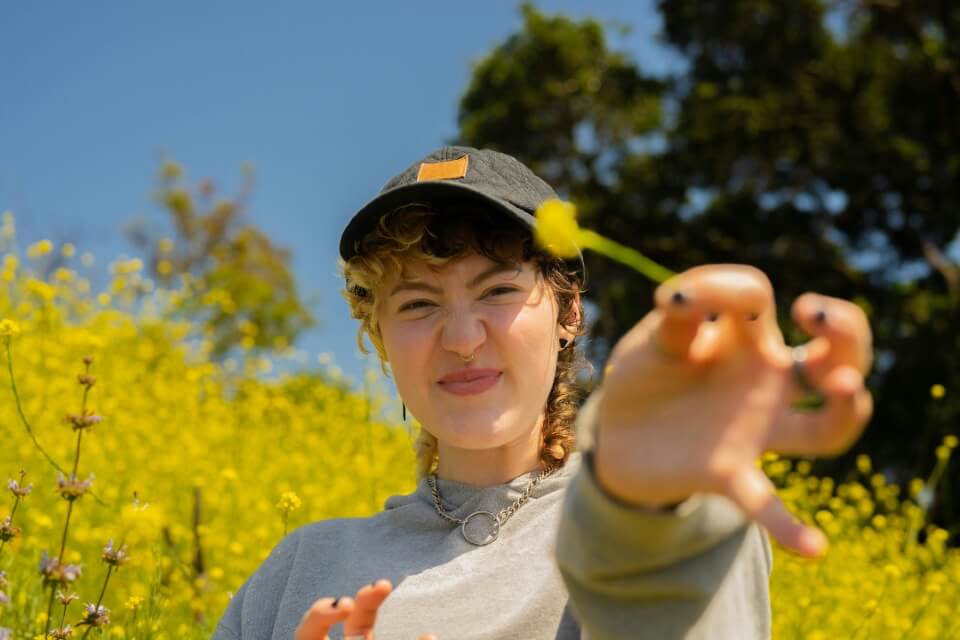With Disability Pride Month continuing, Leamington Spa studio Third Kind Games has provided some thoughts on how to support employees and gamers at large…

July is celebrated as Disability Pride Month across the world as a way to draw attention to disability issues and fight against the negative views that people have against disability. Originating in the United States, Disability Pride Month has been recognised for over 30 years and is gaining more prominence in disabled communities.
Here in the UK, 1 in 5 people will identify with at least one disability, which means there are 14 million disabled people across the country.
Disability in games
A study by the disability charity Scope revealed that 40% of disabled gamers have experienced negative attitudes from other gamers relating to a disability, impairment or condition. That’s why we firmly believe that Disability Pride Month is something that should be recognised as important in our games industry.
Earlier this month, the team at Third Kind Games took action to help improve our culture and development for disabled people by starting an accessibility group. With 66% of gamers facing barriers when gaming, we want to ensure we’re reducing that for our own games.
We loved seeing people across the studio in different roles actively wanting to improve their own knowledge of accessibility and share their own experiences with potential barriers to their work. It is also incredibly important to us to understand how best to create and support an inclusive workplace for all of our employees.
Our new monthly group will work together to find solutions to barriers for the team and our community. We also have plans to invite disabled and neurodiverse people into the studio to share their lived experience and expertise around accessible gaming as a training opportunity for our team, so that we are always learning together.
Vicky Boyce, Lead Designer at Third Kind Games, started the accessibility group and said: “Everyone benefits when games, workplaces, and life in general is more accessible and inclusive. With so many passionate, talented, and creative individuals from all areas of our studio that have taken such a keen interest in this, it’s exciting to see where this journey takes us, what we will learn along the way, and how it’ll improve the way we make our games and our studio more accessible and more inclusive.
“We all have our own experiences, backgrounds, and stories to share, and we’re all eager to learn more, to do more, and to make better games for everyone.”
Accessible game highlights
It’s encouraging to see that accessible gaming is becoming more and more important. Some of our favourite gaming accessibility highlights are below:
- Forza Horizon 5 introduced sign language to its cutscenes for deaf / hard of hearing players to understand the narrative more clearly.
- The Last of Us 2 brought new game modes like high contrast to enable gamers without sight to play independently.
- Indie hit Celeste has an amazing Assist Mode to give players more control of gameplay elements.
- The directional subtitles and captions from Ubisoft in games like Far Cry New Dawn add another layer of information to players using subtitling.
- Shadow of the Tomb Raider has adjustable difficulty for its puzzles and exploration allowing players to create the experience they need.
- Looking to the future, we can’t wait to get our hands on God of War Ragnarok and the remake of The Last of Us to see the latest innovations in accessibility so more barriers for disabled people are removed.
Further learning and resources:
- A developers’ bible ‘Game Accessibility Guidelines’ for accessibility design – https://gameaccessibilityguidelines.com
- DNA of Games is a podcast series chatting to disabled and neurodiverse people working in the games industry – https://anchor.fm/manycats
- Can I Play That? – A website run by disabled journalists that critique games for accessibility – https://caniplaythat.com



